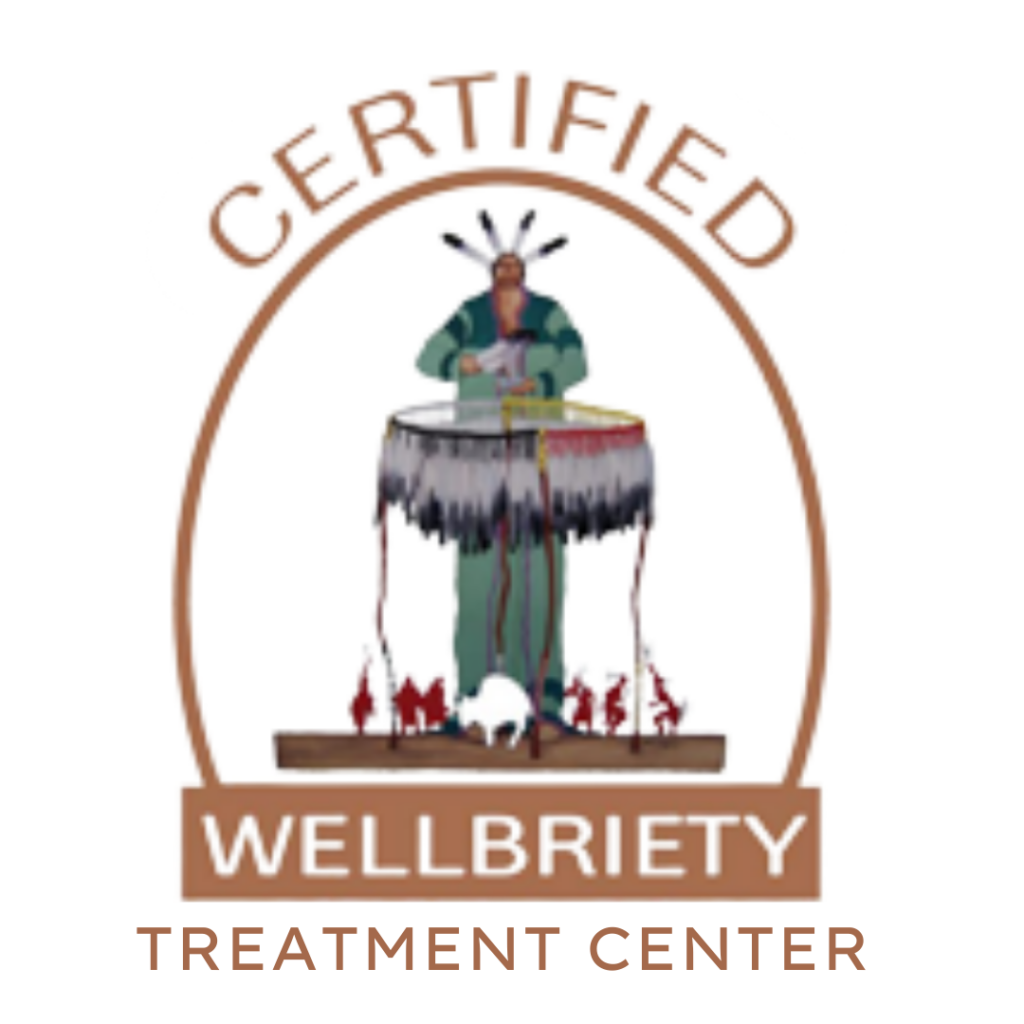Heroin Addiction
Heroin addiction is an incredibly dangerous disease affecting thousands of Americans each year. As an illicit opioid, heroin has disastrous effects on those who abuse this drug, as well as their communities and the people around them. As a result, it has also been a large contributor to opioid overdose deaths across the United States.
If you or a loved one is struggling with heroin addiction, it is important to understand how this drug works and what your options are in terms of treatment and recovery.

What Is Heroin?
Heroin is an illegal and highly addictive drug derived from morphine, a naturally occurring opioid found in certain varieties of poppy flowers. It produces a short-lived, intense feeling of euphoria, followed by a significant decrease in mental and physical functioning. Heroin can be injected, snorted, or smoked, but all methods are associated with a high risk of addiction, overdose, and death.
What Is Heroin Addiction?
Heroin addiction is a chronic, relapsing disease that affects millions of people worldwide. People often begin abusing heroin due to its ability to produce feelings of euphoria, relaxation, and pain relief. These side effects also are what often keep people coming back for more of the drug.
However, the effects of heroin are fleeting, and people typically develop tolerance at a rapid pace, meaning they need to take increasingly larger doses to achieve the same effects. This can lead to a vicious cycle of addiction as the person chases the high they once felt.
If you or someone you know is struggling with heroin abuse, please reach out for help today.
What Are the Symptoms of Heroin Abuse?
Heroin addiction is a serious and potentially life-threatening condition that can have a devastating impact on an individual’s physical and mental health, as well as their relationships and overall well-being.
Recognizing the signs and symptoms of heroin addiction is crucial for early intervention and effective treatment. There are many warning signs that can help you detect if someone is struggling with a heroin addiction, including physical symptoms such as:
- Significant unintentional weight loss
- Exhaustion and lethargy
- Watery eyes and runny nose
- Persistent flu-like symptoms
- Bruising or scabbing of the skin
Someone who is struggling with a heroin addiction may also present with psychological symptoms, which can include:
- Feelings of shame, guilt, and depression
- Impaired ability to concentrate or focus
- Poor judgment and decision-making
- Confusion and disorientation
Someone who is struggling with a heroin addiction may also present with psychological symptoms, which can include:
- Preoccupation with acquiring and using heroin.
- Needle marks, scabs, abscesses, and other indications of injection drug use.
- Physical and psychological distress when unable to use heroin.
- Withdrawal from family and friends and/or loss of interest in previously enjoyable activities.
- Unexplained financial difficulties or legal problems.
If you suspect that someone you know is struggling with heroin addiction, it is crucial to seek professional help as soon as possible. Early intervention can prevent the long-term consequences of heroin abuse and significantly improve the chances of successful treatment and recovery.
Heroin Facts & Statistics
As a major contributor to the opioid epidemic currently plaguing the nation, heroin is the culprit of many overdose deaths that have occurred in the last few years. According to the National Institute on Drug Abuse, a total of 9,173 heroin-related overdose deaths were recorded in 2021.
A significant amount of these deaths involved other opioids, as well, primarily fentanyl, another key player in the epidemic. This is likely due to how easy it is to overdose on both fentanyl and heroin, as they are very powerful opioids.
Heroin and Mental Health
The relationship between heroin addiction and mental health is a complex and often interdependent one. For individuals struggling with mental health problems, this can increase the risk of heroin addiction if they attempt to use this opioid to self-medicate their symptoms.
On the other hand, heroin abuse can cause or worsen mental health problems. This is why many people need to treat both their addiction and their mental health problems to achieve successful recovery.
If you or a loved one are suffering from heroin addiction, please contact the team at Royal Life Center for assistance in entering professional treatment.
Self-Assessment: Am I Addicted?
When Do You Need Heroin Addiction Treatment?
Heroin addiction is a serious but treatable condition. If you or someone you know is struggling with heroin addiction, it is important to know how to recognize when it is time to seek professional help. Some signs you may need heroin addiction treatment include:
- You are unable to control your heroin use.
- You use heroin even when it causes negative consequences in your life.
- You have developed a tolerance to heroin and need to use it more and more to get the same effect.
- You experience withdrawal symptoms when you try to stop using heroin.
- Your heroin use has caused problems in your relationships, at work, or at school.
- You have been arrested for heroin-related offenses.
If you are experiencing any of these signs, it is important to seek help right away. Heroin addiction is a serious and even life-threatening disease, but with the right support and treatment, long-term recovery is possible.
Have any questions?
Heroin Addiction Treatment Options
Now that you understand how serious the consequences of heroin addiction can be, you may be wondering what your options are in terms of treatment. Fortunately, there are many effective treatments available for heroin addiction, including:
- Detoxification: This is the process of safely withdrawing from heroin, where you are slowly tapered off of the drug under constant medical supervision to prevent complications during this time.
- Medication-assisted treatment (MAT): This involves using medications to help reduce cravings and withdrawal symptoms, as well as manage any co-occurring mental health or medical conditions during the recovery process.
- Behavioral therapy: This type of therapy helps you identify and change the thoughts and behaviors that contribute to your addiction, allowing you to address the issue at its core.
Treatment for heroin addiction typically involves a combination of medication and therapy. Medication can help to reduce symptoms of withdrawal, mental health disorders, and drug cravings. Drug addiction counseling and behavioral therapy can help individuals address the underlying causes of their addiction and develop coping skills.
These are just a few of the treatment options you will have access to when recovering from a heroin addiction. With the right care and support, you can overcome heroin addiction and live a healthy, fulfilling life.
Heroin Addiction Treatment at
Royal Life Centers
At The Haven Detox, we understand the dangers and challenges associated with heroin use. Our team of highly-trained professionals provides personalized treatment plans to help individuals struggling with addiction overcome their dependence and work towards a healthier, happier future. Through our comprehensive care approach, we strive to create a safe and supportive environment that promotes long-term recovery.
We believe in empowering our clients by providing them with the tools they need to build brighter futures without relying on drugs or alcohol for relief. If you or a loved one is suffering from heroin addiction, don’t wait – reach out today and let us help you take control of your life now!
Our Heroin Addiction Treatment Programs
At Royal Life Centers, we aim to stop the spread of the opioid epidemic at its root. To do so, our opioid addiction treatment programs offer the comprehensive care our guests need to safely recover from heroin addiction and achieve long-term sobriety.
After deciding to join treatment for heroin addiction at Royal Life Centers, you have access to our full continuum of care which includes:
- Medical detox
- Residential treatment
- Partial hospitalization
- Intensive outpatient
- Outpatient treatment
- Sober living residences
With so many options to choose from, it can feel overwhelming to determine what levels of care will be best for your recovery. That is why our compassionate staff will work with you to build a personalized treatment plan capable of addressing each of your specific care needs.
Are you looking for help with addiction? Let us support you on the path to lasting recovery
Heroin Addiction Treatment in Washington
Royal Life Centers at Haven in Washington State is one of our many partner facilities dedicated to offering high-quality and comprehensive care to those struggling with heroin addiction. With both an evidence-based and holistic approach to the treatment process, you can rest assured you will receive the comprehensive care you need to achieve long-term recovery.
From medical detox services to residential and aftercare treatment programs, the Haven detox center offers a vast selection of recovery services to make sure each aspect of your addiction is being properly addressed.
Deciding to seek help for heroin addiction can be scary, but it can open up the path to a happier and healthier life. If you are interested in learning more about our treatment for heroin addiction, call 888-568-5998 today!
Looking for Heroin Addiction Treatment Services?
If you or someone you love is struggling with heroin addiction, please reach out to us to find out more about how our heroin detox services can help. We work with most private insurance policies and we have affordable self-pay rates if you do not have insurance. Give us a call and we will figure out the best treatment plan for you or your loved one.
Because We Care.

Would you like more information?
If you or someone you know has a substance use disorder, we hope you’ll begin your journey with us at Royal Life Centers.
If you would like to learn more Other Resources
Change your life with one call.
We can help.


















